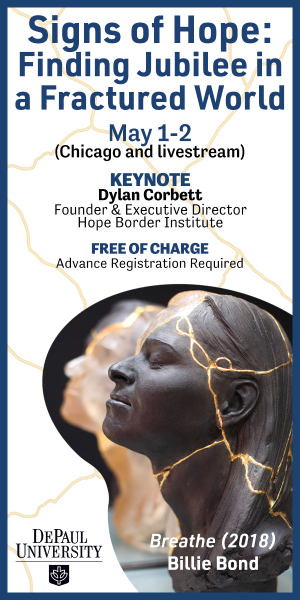Especially if you have a child with Downs syndrome.
ABC News and other outlets are reporting that a new breakthrough blood test will allow pregnant women to know earlier whether their child has the genetic disorder that causes Downs syndrome. Current tests, including amniocentesis, require invasive procedures that carry a substantial risk of miscarriage. Since even most “high risk” cases involved healthy fetuses, most of those lost in resulting miscarriages are “healthy.”
The headlines herald the new test, which can detect the genome of the fetus in maternal blood plasma, as a way to save healthy pregnancies. But the underlying expectation remains that the “unhealthy” ones–those with Downs–will most likely be aborted.
I would not want to be the family in the situation of preparing for the birth of a child with Downs; the medical costs alone in our immoral and unjust system of health care could bankrupt most, and there are few resources available to aid a family in raising a child with the syndrome.
At the same time, as I argued in a column some years ago, to think of a child with Downs as unworthy of life is a first step on a slippery slope that begins to equate “human” with a certain range of traits classified as “normal.” Is someone with an extra chromosome, as in the case of Downs, any less human or worthy of life? And what message does that send to the many men and women with that extra chromosome and their families? Or to anyone with a disability who requires assistance in a society that favors the “abled,” unable or unwilling to make the accomodations necessary to allow those with disabilities to take their full part?
Prophets such as Jean Vanier of the L’Arche movement have forcefully reminded us that the reject our own humanity when we reject those with disabilities. The human race would be diminished indeed if those with Downs syndrome were “eliminated.” Among their many gifts, they remind us that what is “human” is much broader and richer than what we (often thoughtlessly and heartlessly) classify as “normal” or “healthy.”








